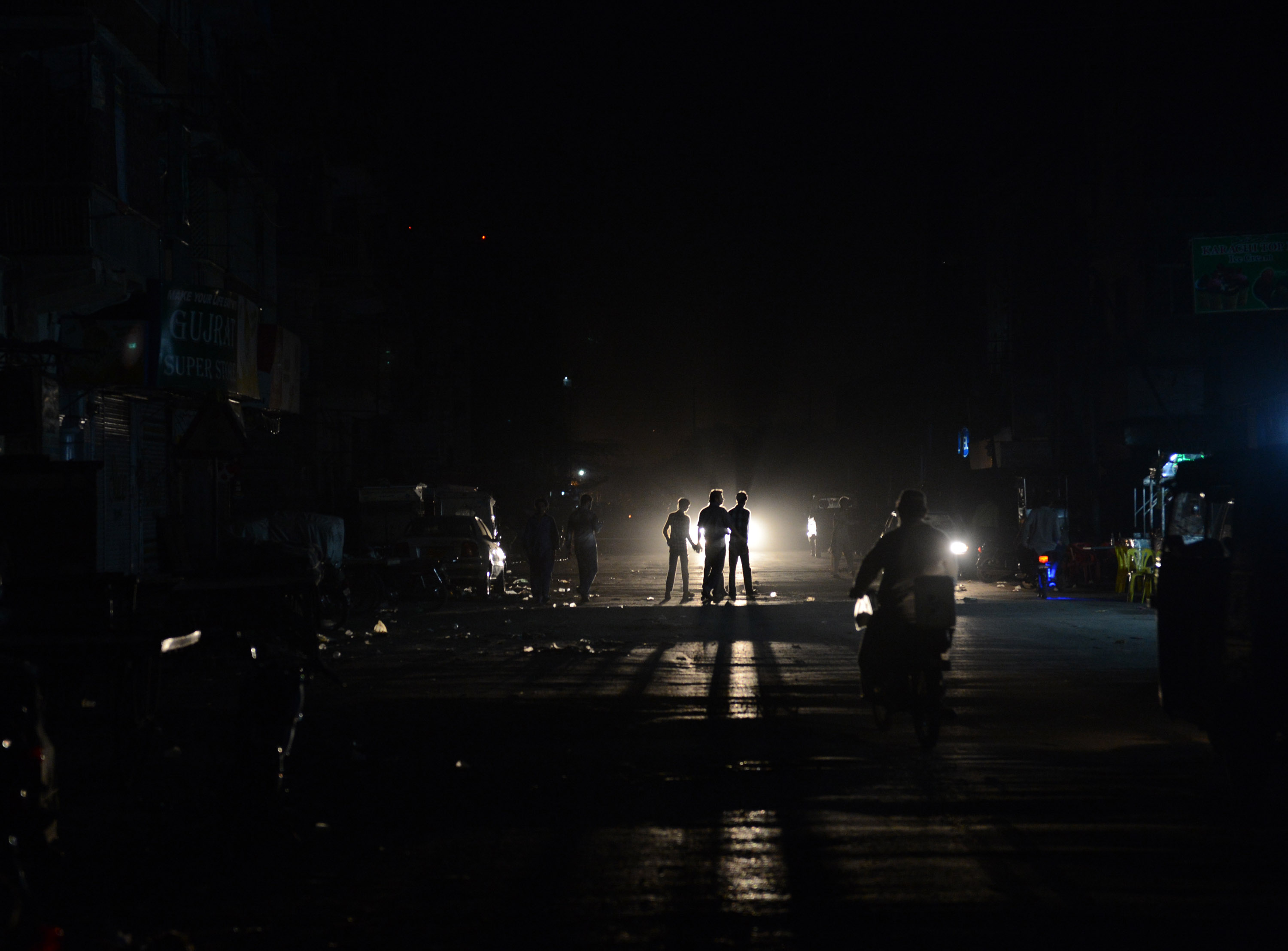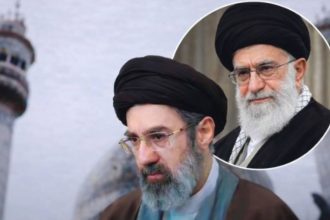Some hard questions are being asked even as the power situation was stabilized yesterday after the weekend blackout. “The government has sought support from China and the United States to introduce technology that could prevent nationwide cascading power breakdowns due to sabotage”, Water and Power Minister Khwaja Mohammad Asif said at a news conference.
The minister attended a meeting chaired by Prime Minister Nawaz Sharif to review the power situation. Mr Sharif ordered immediate disbursement of Rs40 billion to the Pakistan State Oil he had sanctioned last week.
The minister spent a major part of his presser on the relationship with K-Electric and said the power supply to Karachi from the national grid was not being disconnected immediately, but a new agreement would need to be signed for future.
He said the new agreement would have to be worked out on fresh terms and conditions to ensure an “equitable sharing of loadshedding” across the country in the light of decisions of the Council of Common Interests and the Supreme Court.
Officials said that except for some parts of Balochistan, the entire transmission system had been restored as it dispatched 8,800MW by Monday evening against a maximum estimated demand of 12,500MW. This included 5,100MW from IPPs, 2,300MW from hydropower and 1,400MW from public sector generation companies.
The minister said the prime minister had sought an inquiry report within 48 hours while steps had been taken to enhance security of power installations. The Balochistan government had been requested to beef up security in the Naseerabad area, which had seen repeated sabotage attempts in recent days.
He said USAID and China State Grid have been approached for technical assistance to the isolated national grid from localised terrorist activities and to avoid complete blackouts in future. Hydropower generation would improve gradually when canals started opening in 10-15 days and would contribute more than 6,000MW to the system.






